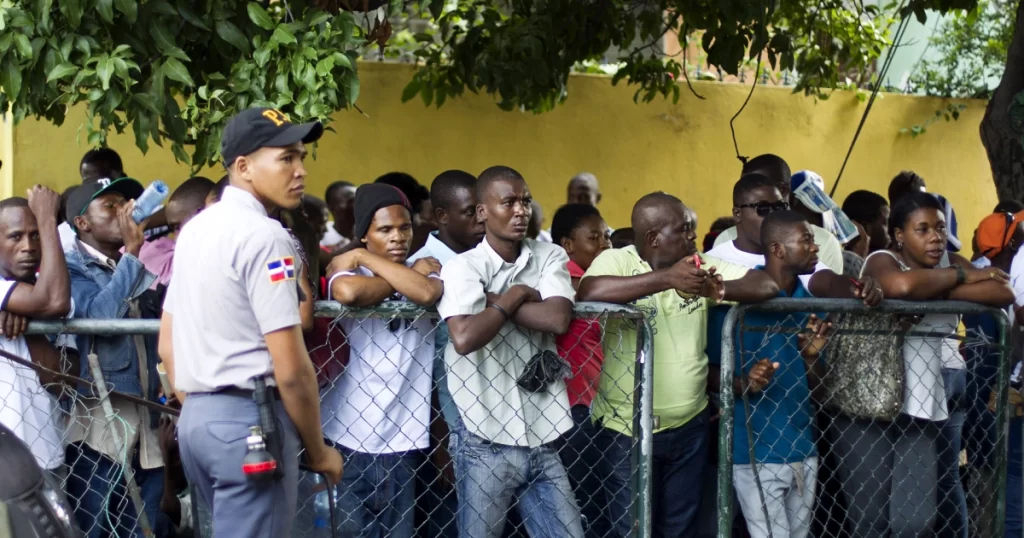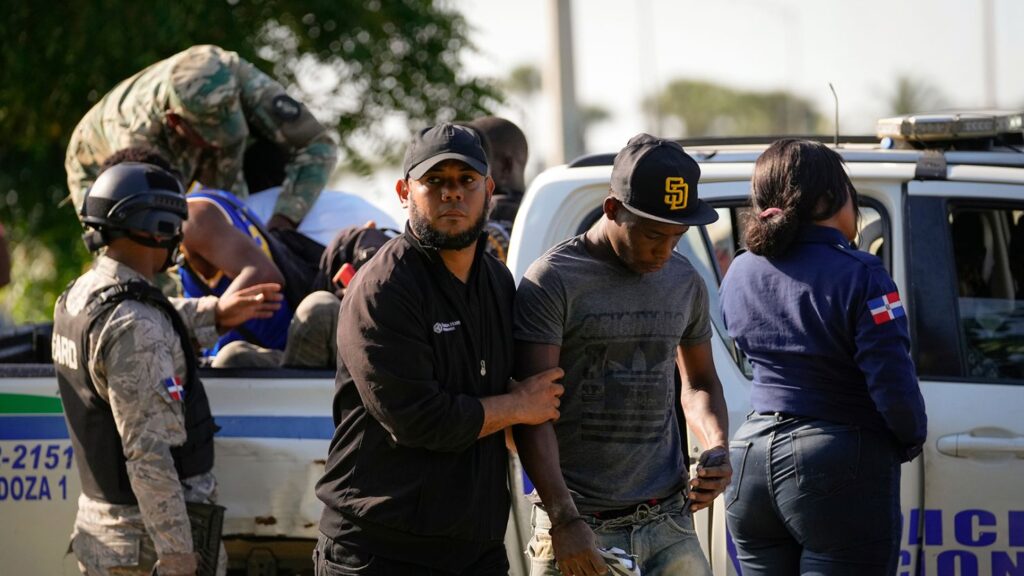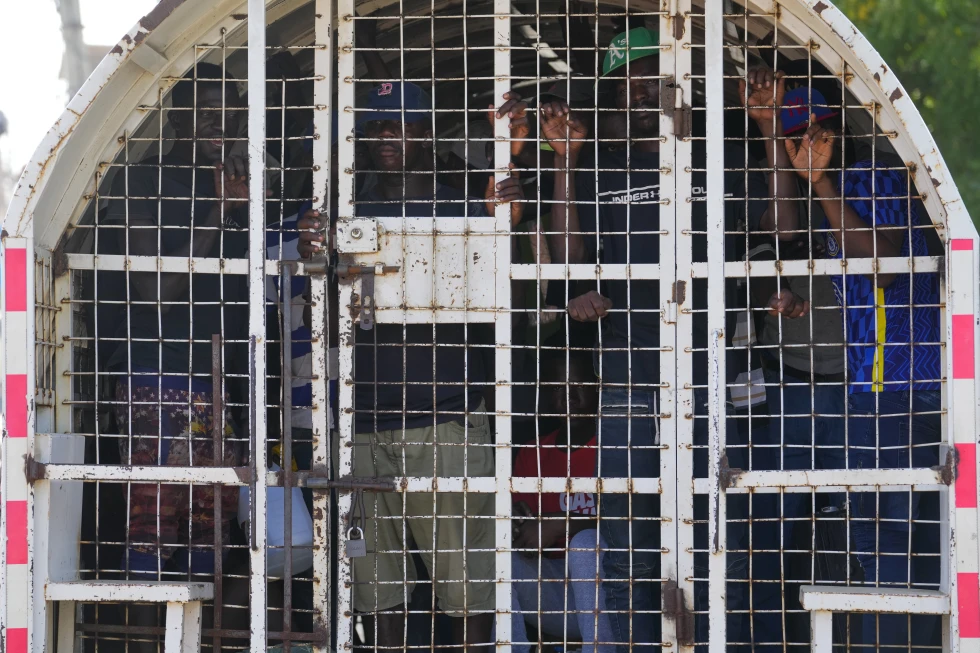The Dominican Republic announced Wednesday it will begin mass deportations of Haitians living illegally in the country, with plans to expel up to 10,000 people weekly.

Government spokesman Homero Figueroa cited an “excess” of Haitian migrants as the reason for the decision. The move comes as a U.N.-backed mission to combat gang violence in neighboring Haiti struggles to gain traction.
“We’ve observed a significant increase in Haitian migrants entering our country,” Figueroa told reporters in Santo Domingo. “This influx is directly linked to the deteriorating security situation in Haiti.”

The Dominican Republic and Haiti share the island of Hispaniola, with a long history of migration and tension between the two nations.
Figueroa said authorities also agreed to strengthen border surveillance and control, without providing specific details.
Last year, the Dominican Republic deported more than 174,000 people it identified as Haitians. In the first half of this year, at least 67,000 more have been expelled.

President Luis Abinader’s administration has faced criticism from human rights groups for its treatment of Haitians and individuals of Haitian descent born in the Dominican Republic. Abinader has consistently denied any mistreatment.
The announcement follows Abinader’s statement at the U.N. General Assembly last week, where he threatened “drastic measures” if the international mission in Haiti fails. The U.S. has expressed concerns about the mission’s lack of personnel and funding.
Haiti’s ongoing crisis has seen gangs control 80% of the capital, Port-au-Prince, displacing nearly 700,000 people in recent years and prompting many to flee the country.



